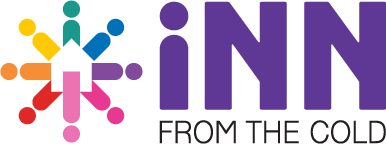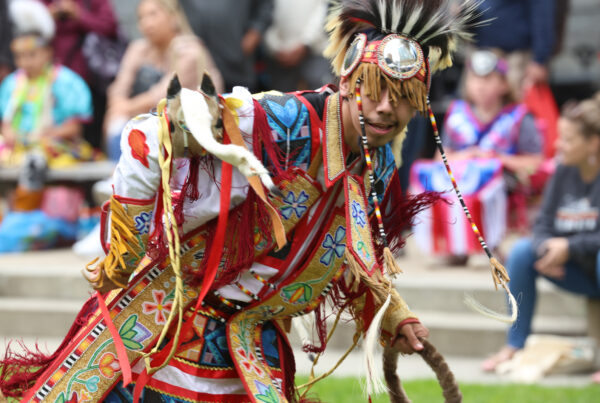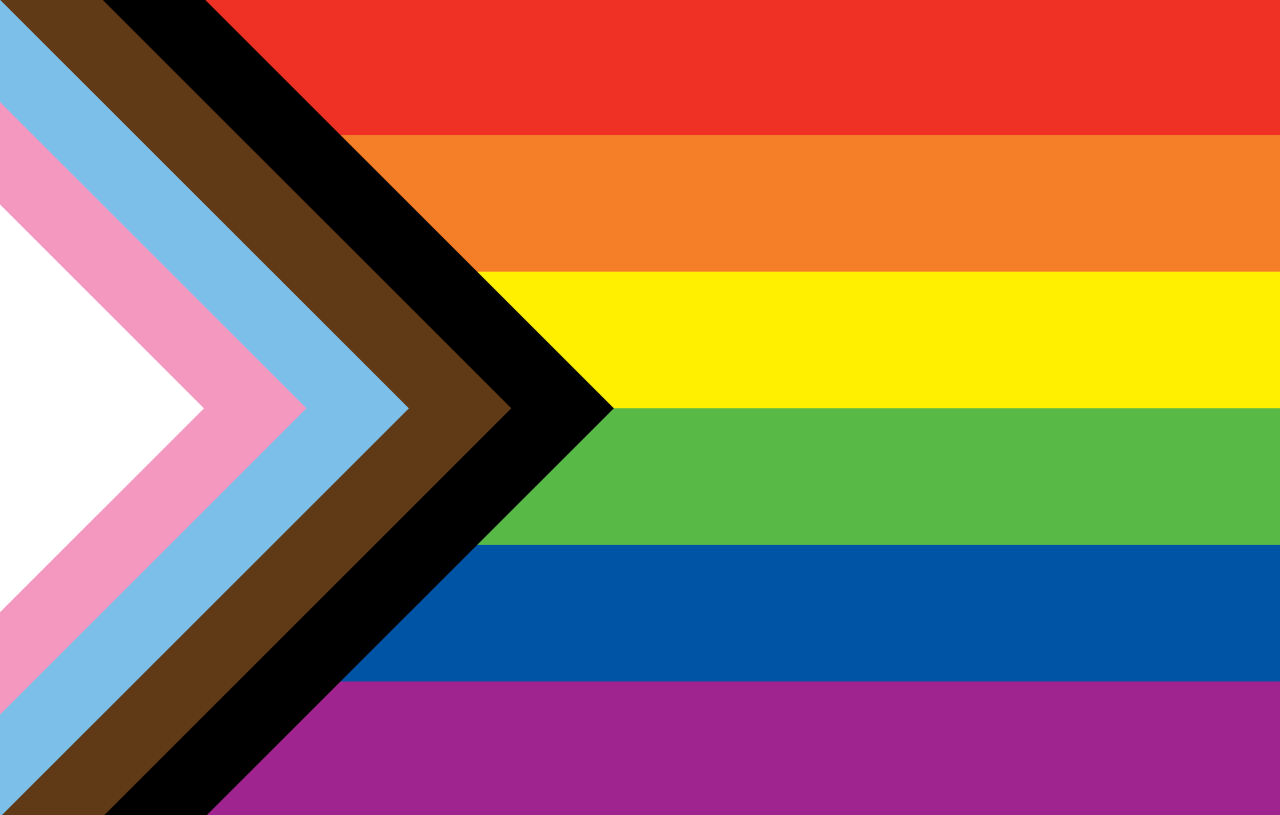Imagine you are walking down the street in Downtown Calgary and you happen to see someone sleeping on the sidewalk. What is the first thought that comes to your mind? How would you describe them in that moment? In most cases, someone would say there’s a ‘homeless person.’
Instead of creating an automatic bridge between you and that individual, there is a better way to use person-centered language instead. Language is a powerful tool. The way we talk about people and communities facing barriers has a tremendous impact on the way they are viewed in our society. Words can either empower people and affirm the value of diversity and difference, or demean them and perpetuate the stigma they already face.
Referring to people as the poor, the homeless, addicts, mentally ill, disabled, etc., is common in many policy documents, media and our own day-to-day communications. Unlike derogatory terms or slurs, these words are not meant to be intentionally harmful. More often than not they are used out of convenience as we live in a world where technology has taught us to communicate in the shortest, most simple way possible. But what is adding a few more words to address someone who is experiencing homelessness correctly? These individuals are your fellow Calgarians, they’re your neighbours.
The next time you come across someone who may appear different from you, who may be struggling with something you don’t necessarily understand, remind yourself that their current situation is not the entirety of who they are. We encourage you to take a second to remind yourself that at the end of the day, we are all human beings, and there is more to them than what meets the eye.
By focusing on the person rather than the condition, we can minimize generalizations and stereotypes and help empower people and break down the stigmas they may face.
We hope you will join us in our commitment to use people-centered language.
